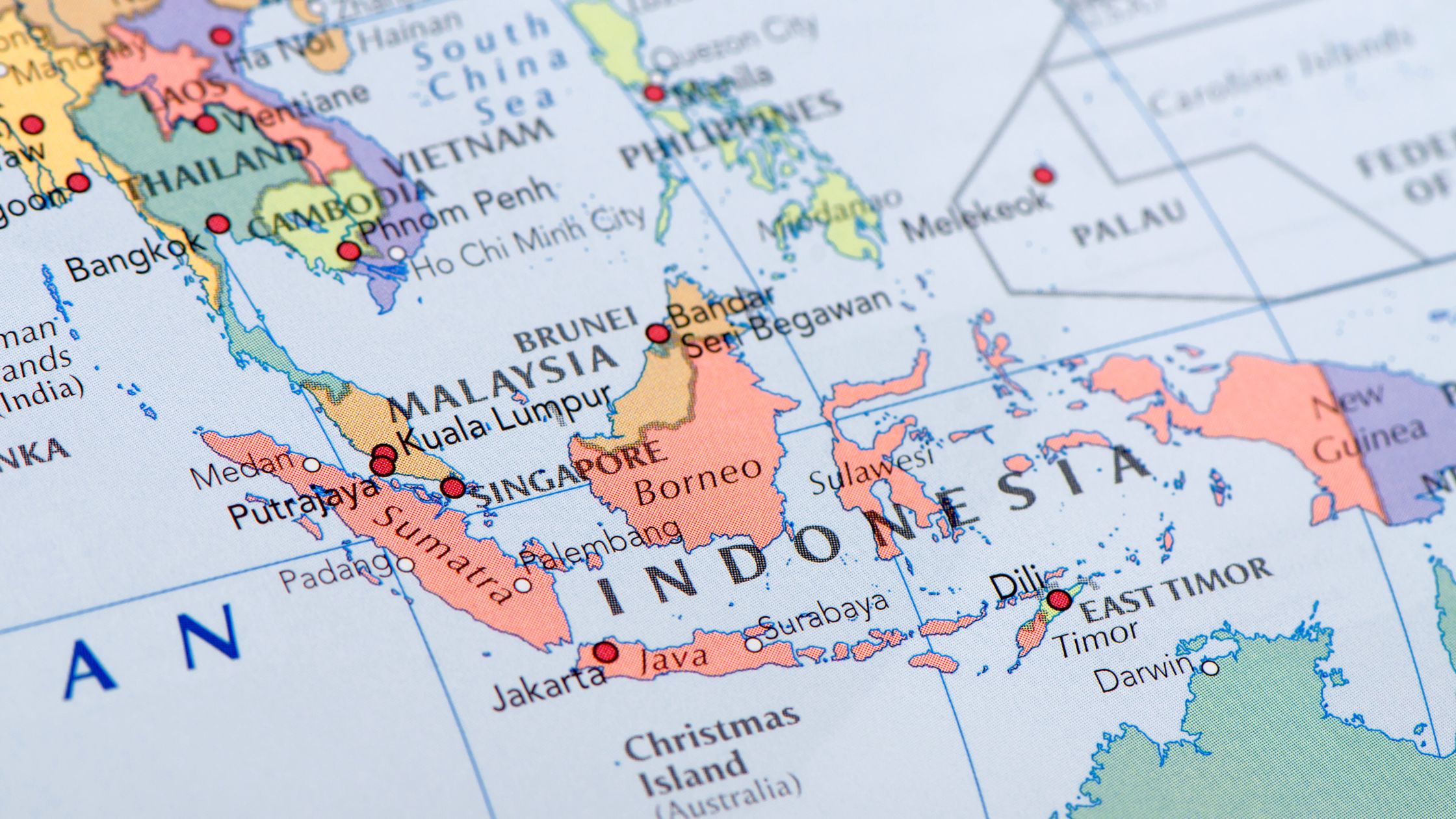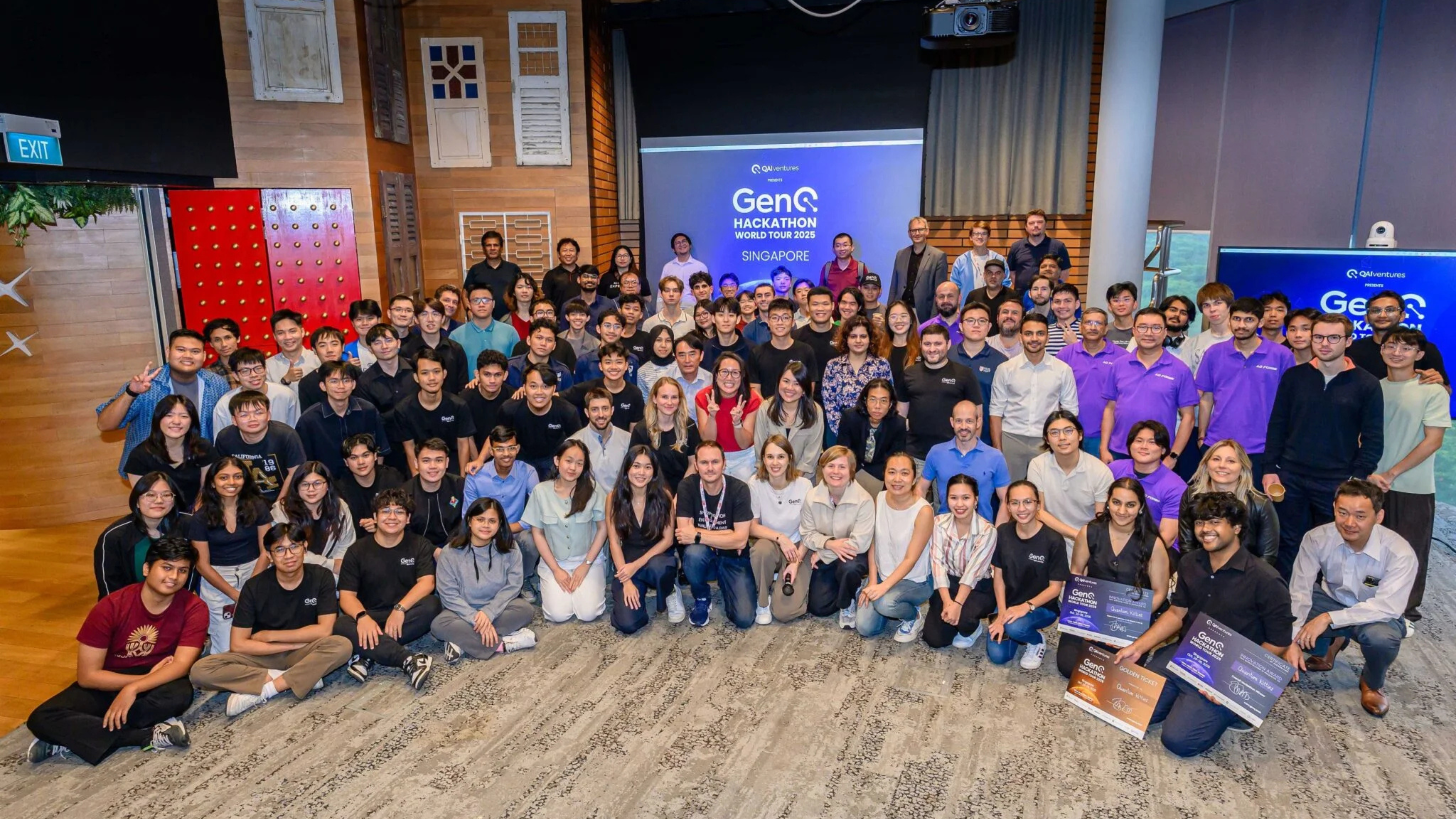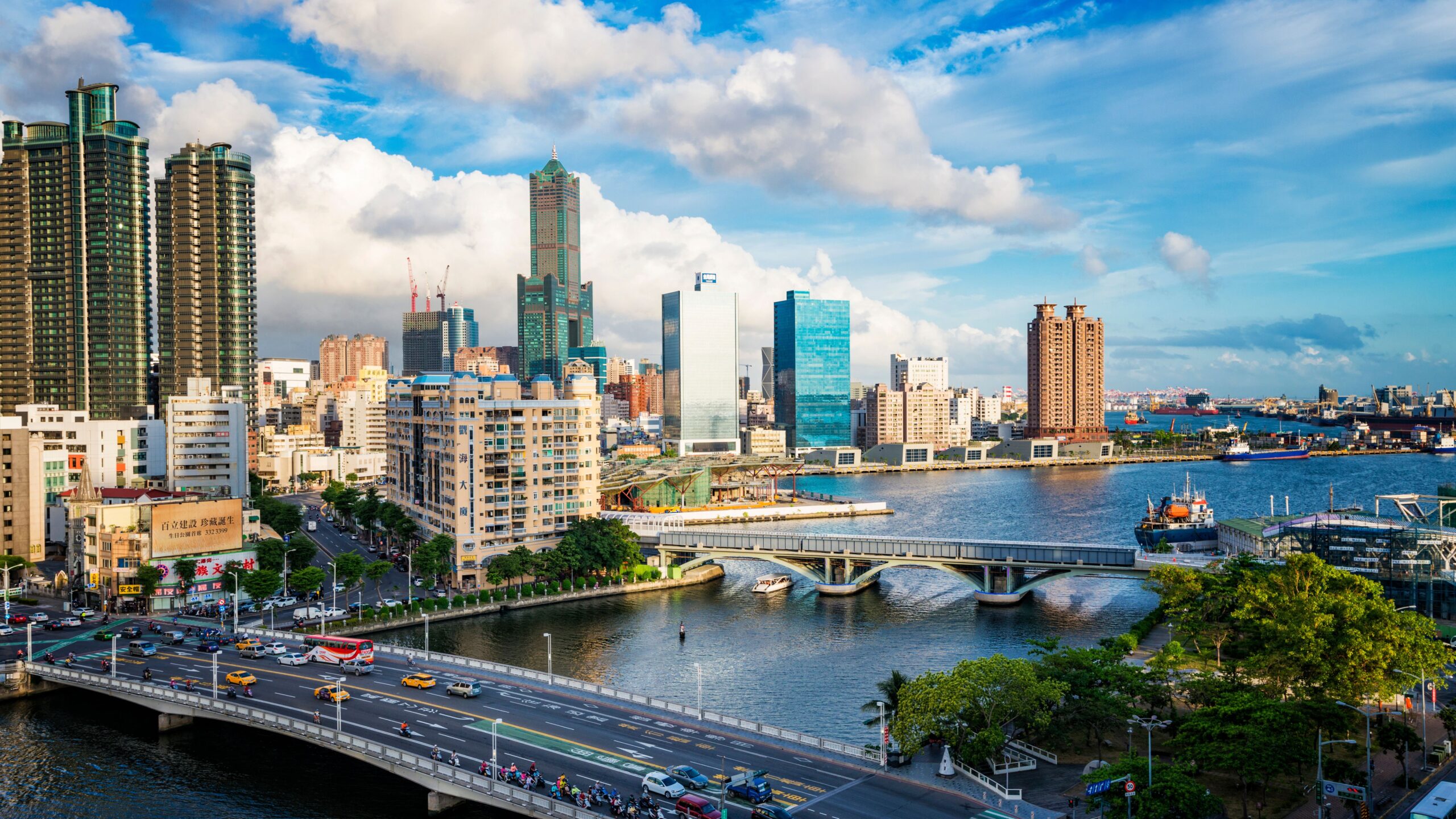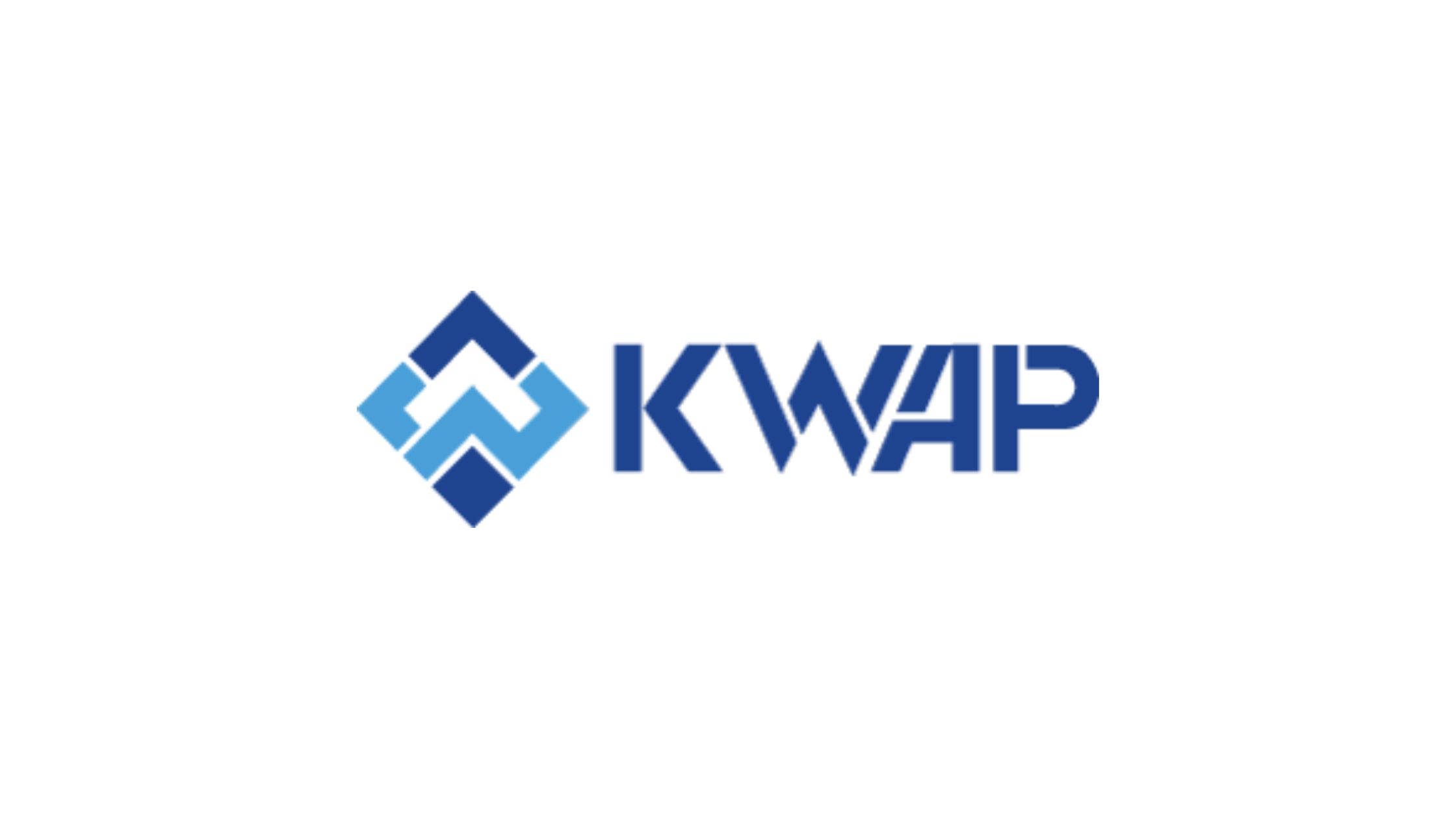AsiaTechDaily – Asia's Leading Tech and Startup Media Platform

Indonesia Sets Sights on AI Ecosystem to Compete with Regional Peers
Indonesia is preparing to finalize its first national artificial intelligence (AI) strategy by August 2025, aiming to draw foreign investors and strengthen its position in the global AI and semiconductor sectors, Reuters reported. Deputy Minister of Communications and Digital Nezar Patria said the plan is designed to help the country compete in the rapidly expanding AI and chip-making landscape.
The initiative comes as neighboring Malaysia accelerates its own AI ambitions, attracting billions of dollars from international tech giants to build data centers and cloud infrastructure. By rolling out its AI roadmap, Indonesia aims to capitalize on similar opportunities and establish itself as a key player in Southeast Asia’s emerging AI ecosystem.
Indonesia’s upcoming AI roadmap will serve as the country’s first comprehensive blueprint for artificial intelligence, following an earlier ethics guideline issued in 2023. Deputy Minister of Communications and Digital Nezar Patria said the document will guide AI developers on infrastructure requirements, computational clusters, and sector-specific adoption in areas such as healthcare and agriculture. He emphasized that the strategy is meant to showcase Indonesia’s AI potential to global investors.
“The roadmap will provide clarity for AI developers and investors about the opportunities in Indonesia,” Nezar said, noting that the country aims to establish a strong AI ecosystem. He added that the government is inviting international tech companies to participate in AI development and invest capital to accelerate the sector’s growth.
Interest from global players is already emerging. Nvidia has partnered with Indonesia’s largest tech firm, GoTo, which includes Gojek and Tokopedia, to develop a large language model service and has supplied chips to telecom operator Indosat. Microsoft also announced a $1.7 billion investment plan last year to expand its cloud and AI operations in the country. However, compared to regional peers like Malaysia, Indonesia’s AI development has been slower due to limited hardware infrastructure and a shortage of skilled talent.
According to a Boston Consulting Group report, ASEAN countries are expected to gain between 2.3% and 3.1% of their GDP from AI by 2027, with Indonesia projected to experience the largest absolute economic boost. Yet, analysts caution that the country still faces readiness challenges. Damar Juniarto, an AI safety analyst at research center PIKAT Demokrasi, said Indonesia lacks the chips, computing resources, and skilled workforce needed to compete as a major AI developer.
The AI roadmap also aligns with Indonesia’s ambition to become a player in the global semiconductor supply chain. The government is actively promoting investment in its critical minerals sector, which is essential for chip and hardware production. Officials have pitched joint projects to the United States, as Washington seeks alternatives to China’s supply dominance, particularly after Beijing imposed new restrictions on some rare earth exports earlier this year.
While the roadmap is expected to cover AI opportunities and infrastructure needs, it will also acknowledge risks related to misinformation, intellectual property, and data security. Nezar did not provide specifics on how these risks will be mitigated but said the strategy is designed to give investors confidence that Indonesia is serious about developing a secure and competitive AI ecosystem.



